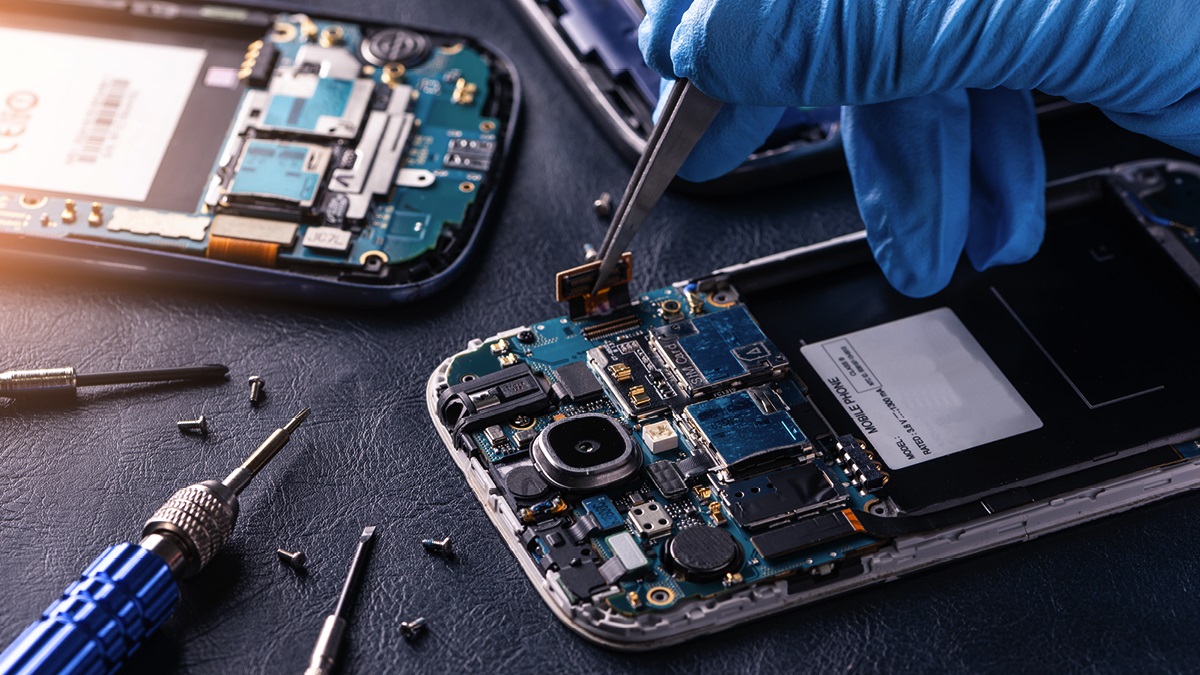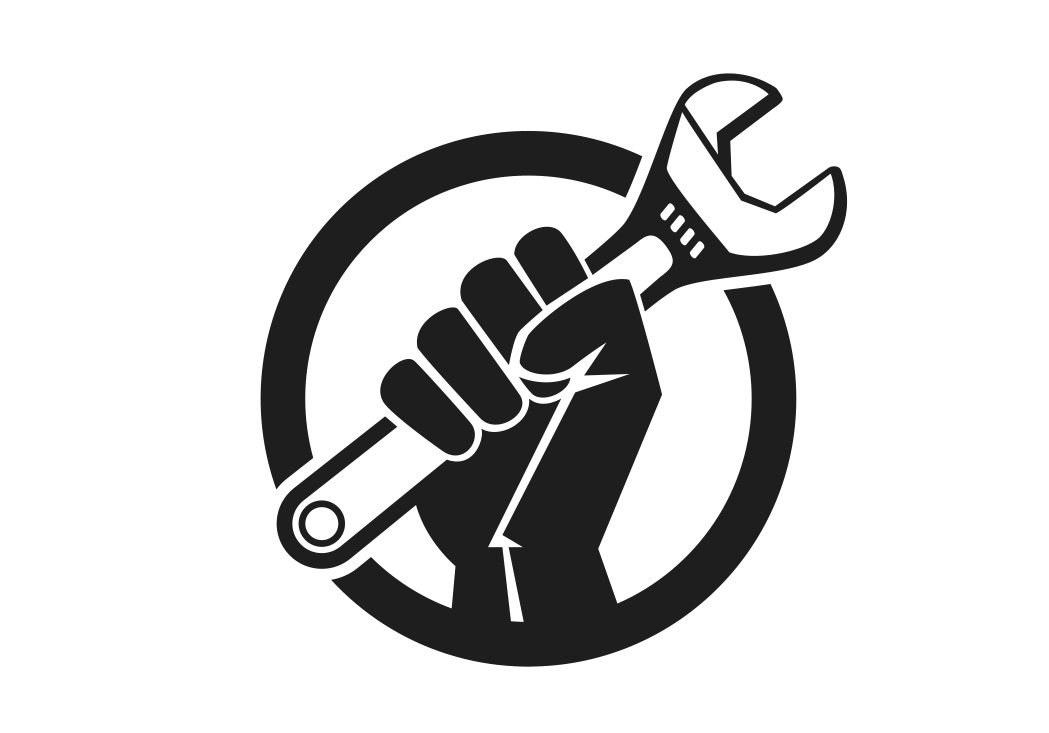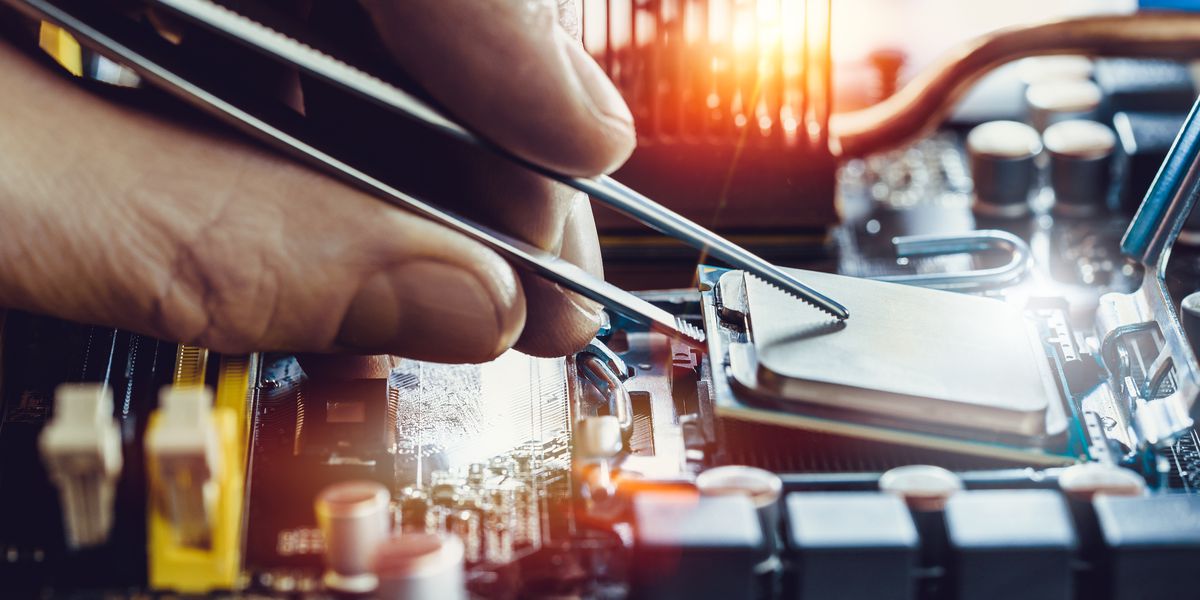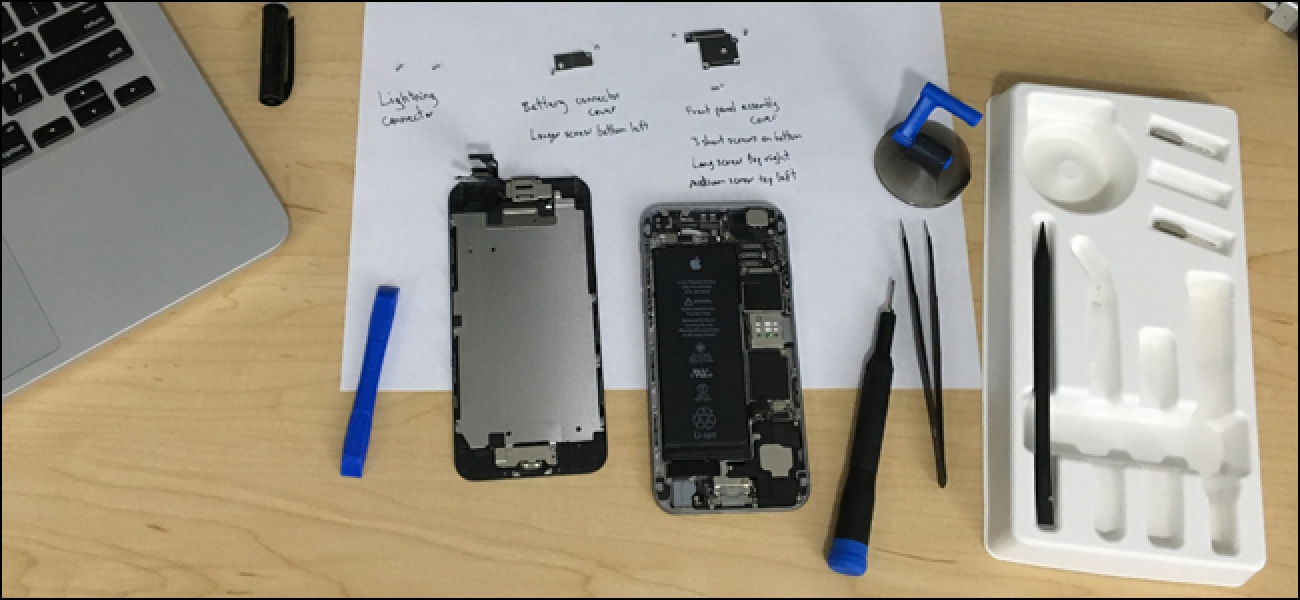
Manufacturers of household appliances and electronics have brought the situation with the possibility of repairing their own equipment to the point of absurdity. So, vendors of washing machines, refrigerators and other household appliances stopped supplying spare parts for goods as soon as they went out of production. As a result, the buyer, after the end of the warranty period, could not find a spare part for the same washing machine to fix it. Often they had to buy a new washing machine, and the old one had to be scrapped simply because the manufacturer did not put a simple thermostat or timer on the market.
All this is done in order to increase the consumption of goods by buyers. Is the refrigerator broken? Throw it in a landfill and go for a new one. Repairs? Well, no, firstly, it can only be carried out by authorized service centers for an amount close to the cost of a new refrigerator. Secondly, there are no spare parts, sorry. But since 2021, the situation is changing, and not only for household appliances, but also for electronics.
What's with the household appliances?
Habré has already written about this. From 2021, home appliance manufacturers will have to supply parts for their devices within 10 years of the sale. The new rules are relevant for washing machines, dishwashers, refrigerators and lighting fixtures.
Legislators passed the amendments under pressure from consumers who are tired of spending money and throwing away household appliances in excellent condition in a landfill due to the inability to change a plastic drum in a washing machine or refrigerator due to the lack of a temperature sensor.

And manufacturers will also have to design household appliances in such a way that they can be repaired without the specialized tools provided by the vendor. This is another trick that companies use to sell tools at the price of a cast iron bridge
The Schraube locker !? organization played a significant role in defending the "right to repair" in Europe. from Germany. Its activists collected 100,000 signatures and won a vote in Brussels on changing legislation related to the repair of household appliances.
But electronics, what's wrong with it?
It's even worse here. It is not very profitable for manufacturers to have third-party service centers or the buyers themselves repair their equipment. Therefore, companies are doing their best to close the chain of service and repair on themselves.
Apple is the most active in this matter. The corporation deliberately complicates the repair of its equipment, including laptops and smartphones. So, she uses non-standard spare parts, specialized screws and screwdrivers, glues elements to the body using industrial glue, which is difficult to dissolve with improvised substances.

The company declares that only its own specialists can carry out qualified repairs of its devices. Perhaps this is so, but replacing a cracked iPhone glass in a brand center costs $ 329 , a battery - about $ 69 . Prices are also high for most of the company's other services and repairs.
In fact, repair services bring in a lot of money for Apple. This is one of the reasons why the corporation does not want to allow unauthorized service centers, and even more so ordinary users, to service its devices. In 2016, journalists even managed to obtain documentary evidence that Apple pays officials who oppose the "right to repair."
A couple of years ago, the news was published on Habré that the T2 coprocessor can block DIY repair of new MacBook and MacMini. So far, there seem to be no cases of blocking, but there is a possibility that at any moment the company can use the blocking mechanism.
Not just electronics

Not only household appliances and electronics vendors are eager to prohibit the repair of their systems. Manufacturers of vehicles and agricultural equipment do much the same. Take John Deere tractors. If something breaks in them, the built-in computer shows the cause and place of the breakdown. But the problem is that there is no benefit from this information, only a qualified specialist of the company can repair the breakdown.
And John Deere service centers are not located in every locality, and even more so not next to every farm. Therefore, a broken tractor has to be taken to a service center for inspection. The tractor software is completely protected by the manufacturer: if you try to hack it, you can get a fine of $ 500 thousand or even go to jail. Farmers do not want to risk, therefore, they are tormented by the delivery of tractors.

Even such a modern and open corporation as Tesla Inc is closer in conviction to Apple than to "the right to repair." Representatives of the company talk about "the need for professional repairs, specialists who know what to do in order to prevent further problems with the operation of a vehicle that goes on public roads." Well, there is opposition to the craftsmen who repair Tesla cars. Overall, the company may really want to prevent unskilled repairs on its electric vehicles. Until now, every Tesla car that has an accident is then discussed in the media, which negatively affects the brand's reputation. And the more such accidents, the more problems the company has.
Enough tolerating this
It seems that the right to repair is really going to the masses. EU lawmakers have not only ordered home appliance and electronics vendors to supply parts for their systems. From 2021, manufacturers are required to provide a guarantee for the repair work performed, as well as give a guarantee for individual parts. Plus, manufacturers will be forced to provide detailed information on the repair and maintenance of devices.
On November 25, legislators voted , 395 people voted in favor . Only 94 were against.

Another interesting point: the EU is developing a mandatory system for assessing the maintainability of devices that are sold in offline and online stores.
European legislators have decided once and for all to prohibit manufacturers from deliberately shortening the life of their products, including lack of spare parts, planned obsolescence, software "brakes" (as is the case with the slowdown of old Apple smartphones) and other delights. And now vendors will have to reduce their negative impact on the environment.
All this meets the wishes of consumers. According to a number of surveys, about 77% of EU citizens would like to have their devices repaired rather than throwing them away and buying new ones. And another 79% believe that manufacturers should be legally obliged to provide information on repairing devices and replacing broken parts.
A spokesperson for iFixit Europe said after the "renovation law" was passed: “This is a huge victory for consumers across Europe. This vote will stimulate the development of legislation friendly to the “right to repair”, and will also provide an opportunity to emerge a rating of product maintainability and forecast of the duration of operation. "
